Digestive Health
Most Googled Questions On Constipation Answered By An Apollo Expert
6 min read
By Dr Shakti, Senior Consultant, Apollo Hospitals, New Delhi - 11 July 2022, Updated on - 06 February 2024
Share this article
0
0 like

All thanks to our food habits and lifestyle choices, stomach issues are quite common amongst the Indian population. Out of many gastrointestinal issues, constipation bothers most of us now and then. But worry no more! Here are the 10 most commonly asked questions associated with constipation, answered by none other than Dr Shakti, Consultant, Internal Medicine, Apollo Hospitals, New Delhi.
1. What should be the frequency of bowel movements?
A: There is no defined or set frequency of bowel movements as per medical standards as it can be different for everybody. The normal range of passage of stools can vary from thrice a week to thrice a day. This pattern becomes habitual for each individual and is normal for them.
2. How do I know I am suffering from constipation?
A: Any deviation or decrease from the normal range of bowel movements of an individual is usually considered constipation. People suffering from constipation may experience less than 3 bowel movements in a week, straining, passing hard stool, and feeling of incomplete evacuation of stool, which is often referred to as ‘unsatisfactory defecation'. People suffering from constipation may have an urge for digital or manual evacuation of stool.
3. What self-help things or home remedies should I try to ease constipation?
A: The first step is to drink lots of water. It is recommended to drink at least 3 litres of water daily, which roughly translates to at least 6 to 8 glasses in a day. The second step would be to make changes in your diet by removing refined products like white flour or ‘Maida’ and adding a lot of fibre as it increases gut motility. Thirdly, go for a walk, run, or simply exercise at home by stretching and performing yoga asanas. And last, but not least, go for natural, over-the-counter available laxatives like Isapgula husk.
Though the aforementioned remedies may take a few days or even some weeks to improve the symptoms of constipation, they are backed by scientific evidence. On the other hand, other home remedies like the use of castor oil, fennel, honey, and figs may or may not be effective and are not medically advised.

4. Will adding fibre to my diet make any difference? What should be the quantity?
Yes, it will make a huge difference. Though fibre, or roughage, cannot be digested or broken down by our body, it makes the stool bulky, allowing it to pass through the intestines easily, thereby preventing constipation. As per the Food and Drug Administration (FDA), the daily recommended intake of fibre by an average healthy individual should be between 25 to 30 gms. This amount can be roughly achieved by having 2-3 cups of any fruits and vegetables (each), plus 1 cup of any legume, plus approximately 200gms of whole grains, plus a handful of seeds or nuts. Good sources of fibre include all fruits, especially those with edible skin and seeds, all vegetables, legumes such as beans, lentils and chickpeas, nuts and seeds, and whole grains. Whole grains include wheat bran, barley, quinoa, oats, brown bread, brown pasta, and brown rice.
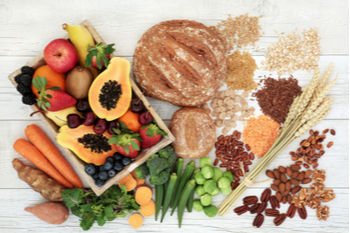
5. Is consuming laxatives regularly, safe? What type of laxative should I consume?
A laxative is a medicine which can help relieve constipation. There are 3 types of laxatives available with different mechanisms of action; Osmotic, Stimulant, and Lubricant. It is important to remember that taking laxatives on a long-term basis can lead to laxative abuse. Therefore, it is best to be persistent with diet control and exercise and let the doctor decide which laxative is most suitable for you.
6. What foods should I eat and avoid if I am suffering from constipation?
Diet is very important to prevent as well as overcome constipation. While a high-fibre diet is the best to prevent constipation, avoiding processed food would also be beneficial. Processed foods are natural foods that have been washed, cut, heated, canned, frozen, blanched, dried or dehydrated, or mixed and packaged, with the addition of chemicals and preservatives. While this is done to maintain the taste and increase the shelf life of the food item, it kills the natural nutrients. Some of the most common processed foods are carbonated and sugary drinks, chocolate and candies, ice cream and frozen desserts, chips, sauces, dressings and frozen or packaged ‘ready-to-eat’ foods, processed meats, instant noodles, baked goods, and fried foods. Always try to go for healthier options by checking the label contents for low-fat, low-carb and low-salt alternatives.
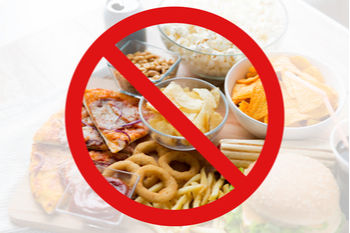
7. Is acute constipation a symptom of an underlying health condition?
A: Yes! In most cases, acute onset of constipation should not be treated lightly, and immediate medical attention should be sought. If associated with poor oral intake, vomiting, and lack of flatulence, constipation can signify blockage or obstruction of the gut. This can be a medical or even a surgical emergency. Therefore it is best to visit a hospital if such a situation arises.
8. Can mental stress, diabetes and hypertension worsen constipation?
A: Any co-morbid conditions can worsen constipation as their medications can interfere with gut metabolism. Patients with a pre-existing medical condition must inform their doctors if they are experiencing worsening constipation even after taking laxatives. Furthermore, during mental stress and anxiety, the body releases chemicals which lead to improper digestion and decreased bowel movement, leading to worsening constipation.
9. What are the most common side-effects of constipation and how to deal with them?
Constipation can make you feel full and heavy in the stomach, reducing your appetite. This, in itself, will not cause any major side effects except for the obvious discomfort. However, the two most common side-effects of constipation are the development of anal fissures and haemorrhoids.
- Fissures: Fissures are bruises or injuries caused in the anal area due to hard stools. On getting infected, they can form fistulas, which can be filled with pus. Ultimately, anal fistulas need to be surgically resected, as they do not heal with medication.
- Haemorrhoids: Haemorrhoids are swollen blood channels in the rectum, formed due to excessive straining to pass stool. They are also treated with surgery.
- Weakening of pelvic floor muscles: Due to straining in constipation, the pelvic floor muscles get weak, which increases pressure on the bladder resulting in an ‘overactive bladder’ (frequent urination and ‘stress incontinence’ (leakage of urine on coughing, laughing, and sneezing).
Managing constipation by diet and exercise can help reduce the chances of developing the aforementioned side effects. However, a doctor must be consulted, if you happen to develop any of the above symptoms.
10. Can I consume protein supplements if I am suffering from constipation?
A: It is best to avoid any supplements as they usually do not have any effect on constipation symptoms. You must stick to a healthy and natural diet, along with exercise to improve your overall wellbeing. Furthermore, some protein supplements may even worsen the condition, resulting in bloating, or even diarrhoea.

Digestive Health
Leave Comment
Recommended for you
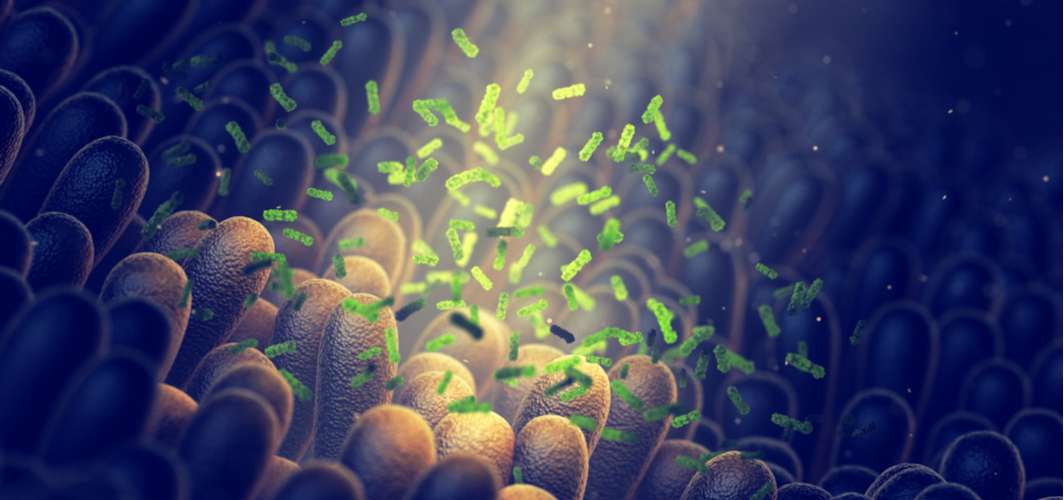
Digestive Health
How the Gut Microbiome Works to Keep You Healthy
Maintaining the right balance between the ‘good’ and ‘bad’ microorganisms is essential for immunity, and overall physical and mental health.
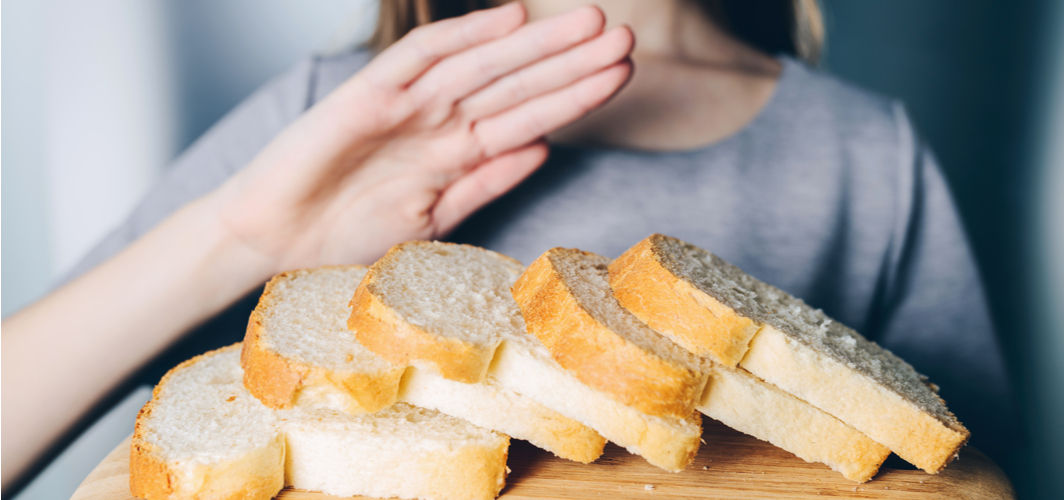
Digestive Health
The Difference Between Wheat Allergy, Celiac Disease, and Gluten Intolerance
These three major disorders are known to trigger unpleasant symptoms following intake of foods made using wheat.
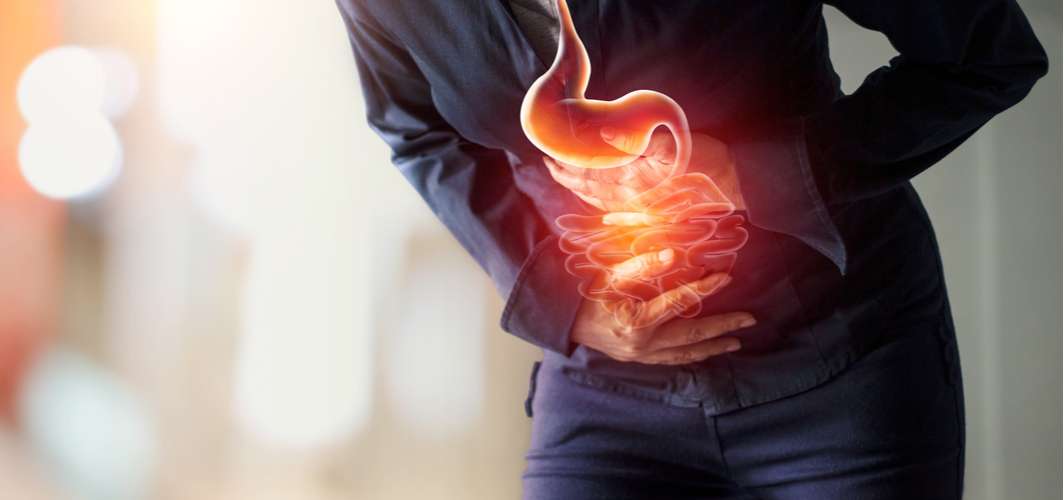
Digestive Health
Gastritis: What It Is and How It Is Treated
Gastritis is a common condition that is known to affect around half of the global population. It becomes more common as people get older.
Subscribe
Sign up for our free Health Library Daily Newsletter
Get doctor-approved health tips, news, and more.
Visual Stories
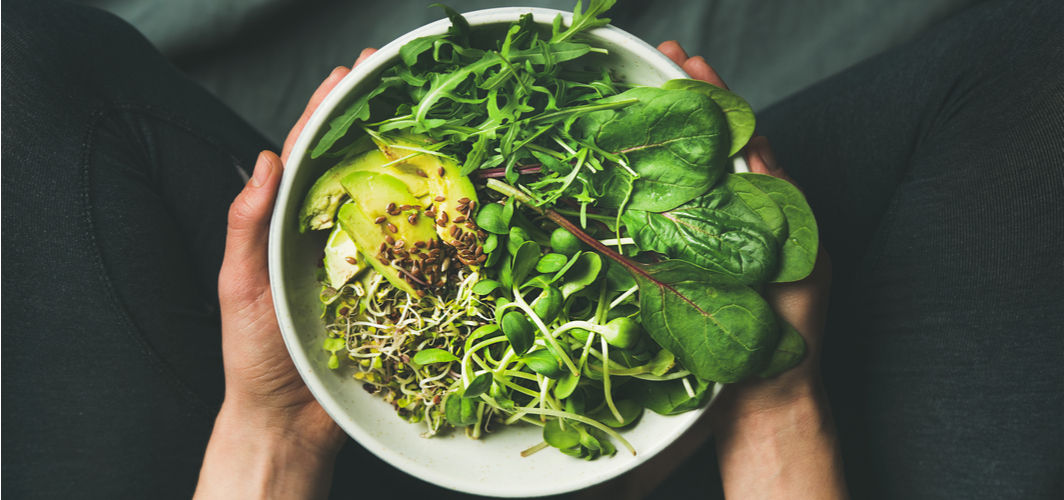
Hidden Health Benefits in a Bowl of Salad
Tap to continue exploring
Recommended for you

Digestive Health
How the Gut Microbiome Works to Keep You Healthy
Maintaining the right balance between the ‘good’ and ‘bad’ microorganisms is essential for immunity, and overall physical and mental health.

Digestive Health
The Difference Between Wheat Allergy, Celiac Disease, and Gluten Intolerance
These three major disorders are known to trigger unpleasant symptoms following intake of foods made using wheat.

Digestive Health
Gastritis: What It Is and How It Is Treated
Gastritis is a common condition that is known to affect around half of the global population. It becomes more common as people get older.